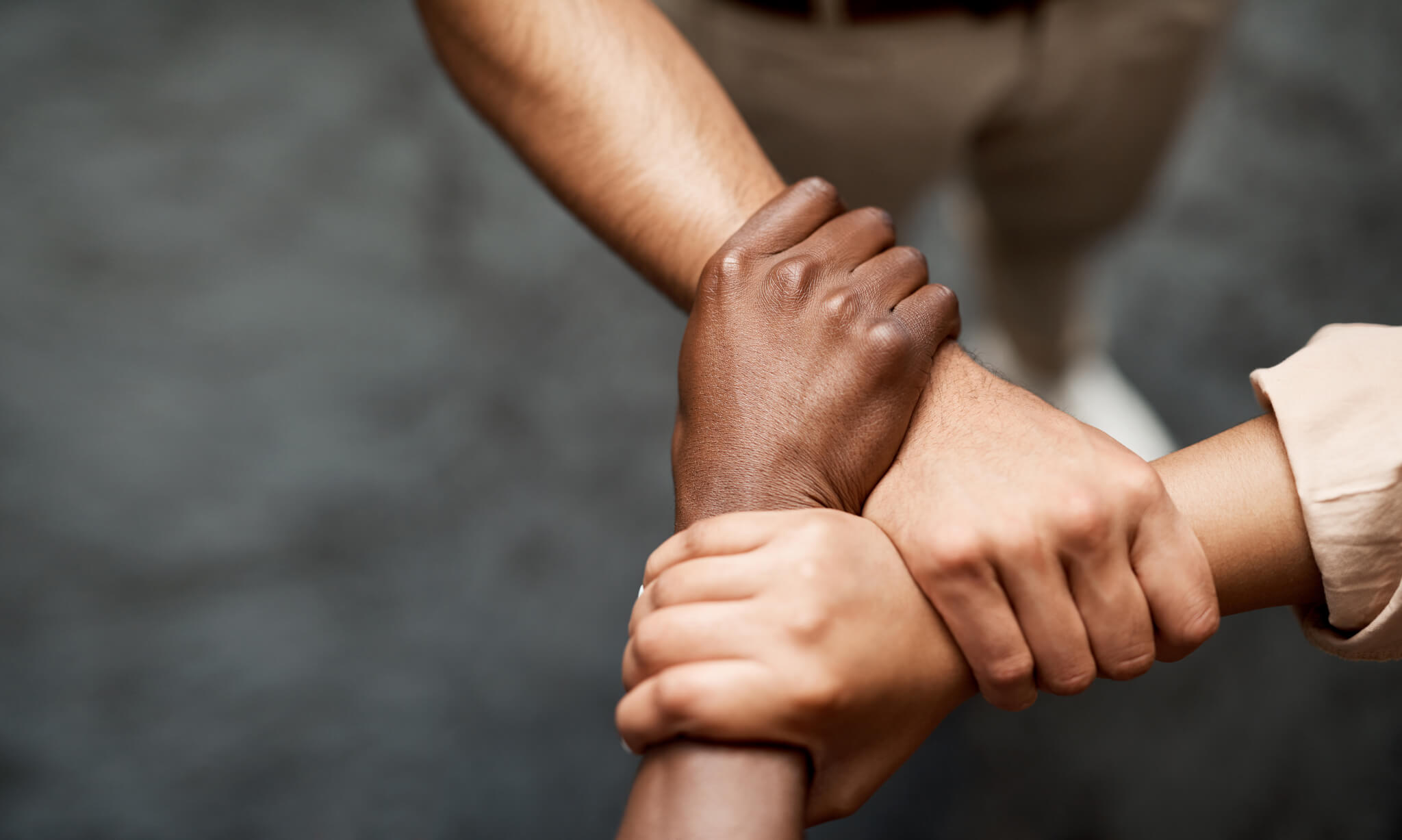To create the caring world we want to see, we need to pay attention to our inner lives.
In our fractured world new approaches to the ancient value of compassion are emerging through studies in psychology and neuroscience. Compassion research is examining not just the problems of the human mind, but also the positive qualities of the mind. These studies are finding that most of us can learn to be more compassionate, and in so doing to better understand each other and to create more stable societies.
Developing our global interdependence is often cited as a vehicle towards achieving more compassionate and stable societies; and a review of interdependence theory demonstrates that compassion science is playing a vital role in how we might attain a deep level of human interdependence.
Interdependence theory was developed at the time when we all held out hope that globalisation was going to bring us closer together, and essentially it conjectured that it would be external factors that would connect us. This theory referred to situations that were defined by mutual links between countries, and it differentiated interdependence from simple interconnectedness by drawing attention to the existence of costly reciprocal effects.
This model of interdependence contended that because countries were increasingly trading with each other, were reliant on emerging global financial markets, and because individuals were travelling, working, and living in other countries, and more importantly, because we were seeing atrocities occurring in real time – that we would all get on, because those costly reciprocal effects would mean that it would simply not be in our interest not to.
This theory of mutuality promised social change via these external factors because we were meant to see our common humanity and halt all conflicts – we were meant to see the negative financial implications of trade wars – and especially we were meant to see children being washed up on foreign shores, all in real time, and say enough!

We can now clearly see that those external factors have been insufficient to change our combative and irrational behaviour – they were not enough for us to consciously resolve how we can bear to look at the immense suffering we create on a daily basis around the world. These external factors simply weren’t enough to shift our capacity to create safe homes, workplaces, and countries – we needed to look elsewhere.
Instead, we needed to examine the internal human attributes of self-awareness, emotion regulation, sustained attention, adaptability, self-control, reflection, our motivations and our capacity to stay in the present moment.
Because it is these internal attributes, when linked to the motivation of compassion that might just provide the antidote to the violence and disruption that we humans create. And it is why compassion research is so important, because this multi-disciplinary research is examining how compassion as a motivation drives our thoughts, feelings and actions. And as we know a motivation of compassion will produce very different thoughts, feelings, and actions to a motivation of retaliation or revenge.
There are now many compassion programs around the world that have been researched, and these studies are continuing to find that people can be trained to be more compassionate, and that this state of being makes a positive difference to interactions with themselves and others.
Recognising this deep level of interdependence, will enable us to courageously participate in our common humanity, whether that occurs within our local suburbs, cities, regions, or countries.
In Australia Reimagined: Towards a more compassionate less anxious society, Hugh MacKay the National Ambassador to the Australian Compassion Council states that ‘…it’s easy to be kind towards those we like, not so easy towards those we don’t like – and yet how we respond to those we don’t like is the ultimate test of our commitment to the civilising discipline of compassion’.
In order to say ‘Enough’ to the suffering we create in this world – we need to reflect on how our creative and compassionate selves assist us in the conscious actions we all need to take in our daily lives, so that we can instead become a truly interdependent and caring species.
Lynne is a Board member of the GCC, a member of the Board of Trustees of the global Charter for Compassion, the National Lead of the Australian Compassion Council, and an academic who researches the evidence base of empathy and compassion. She is writing in a personal capacity.
